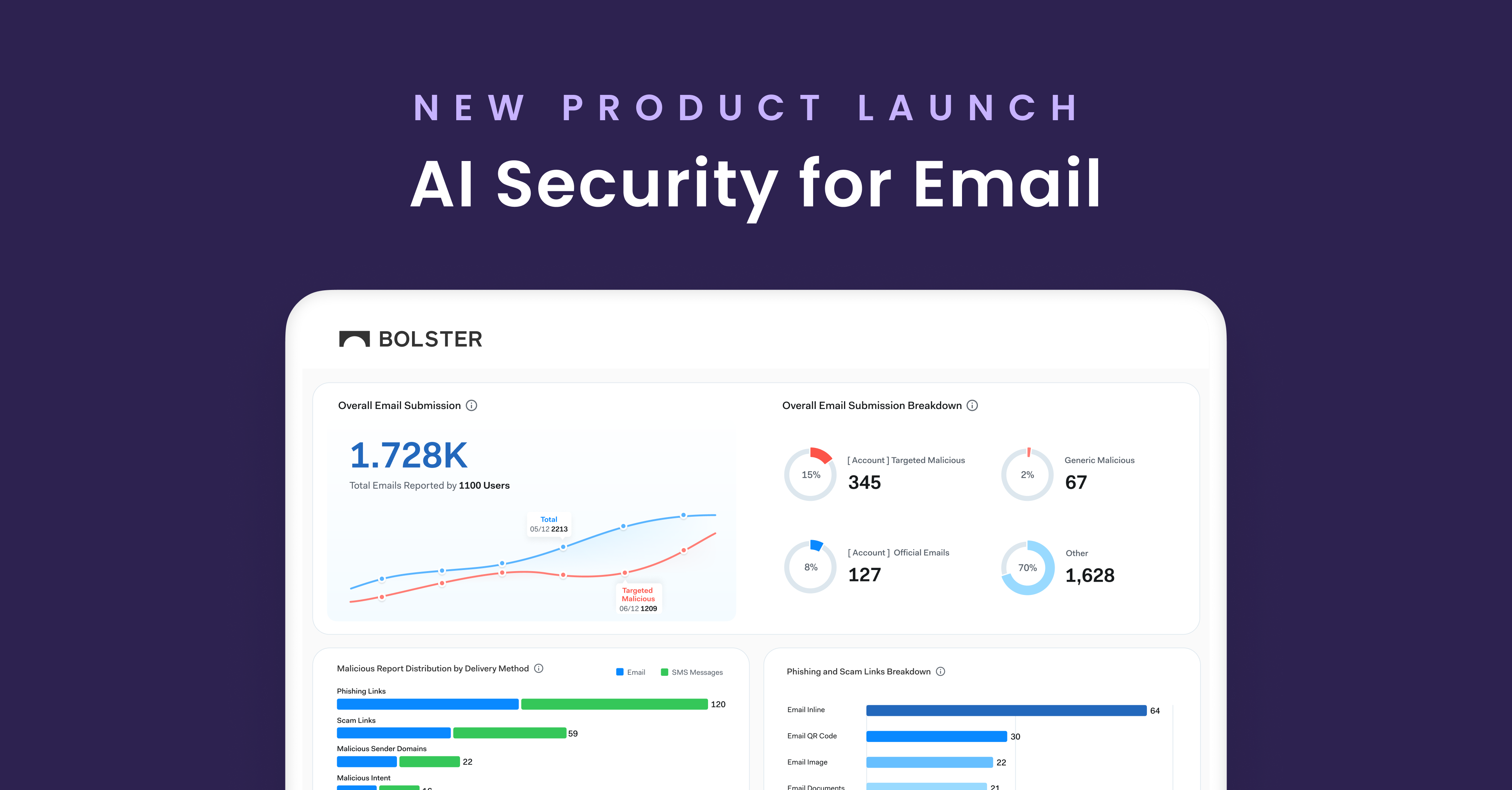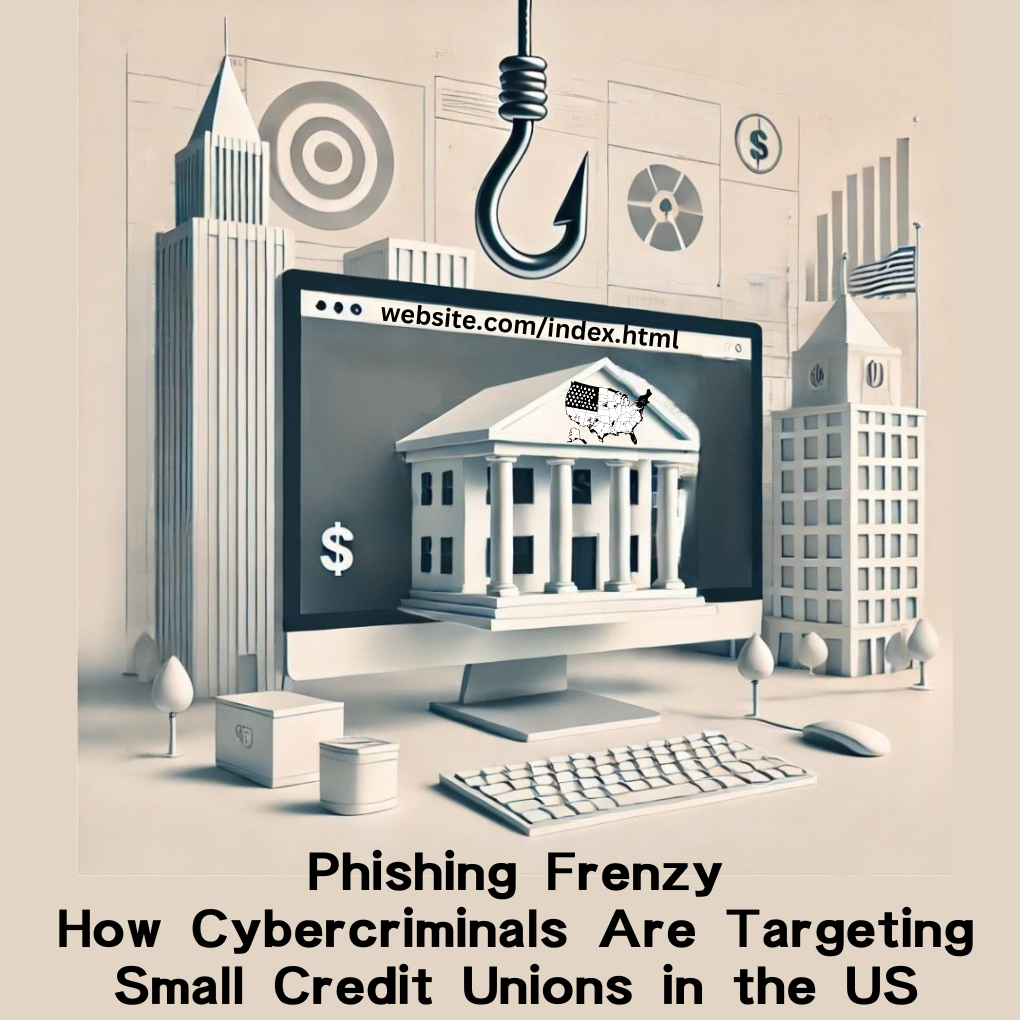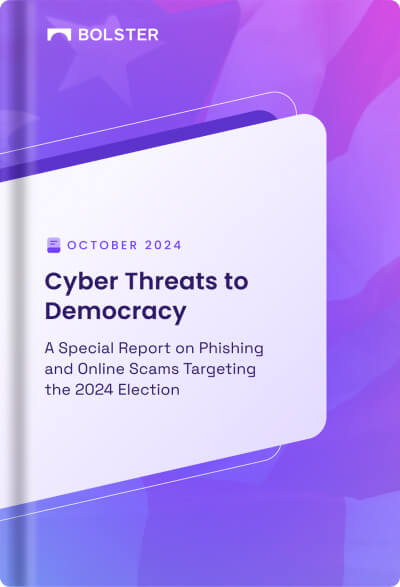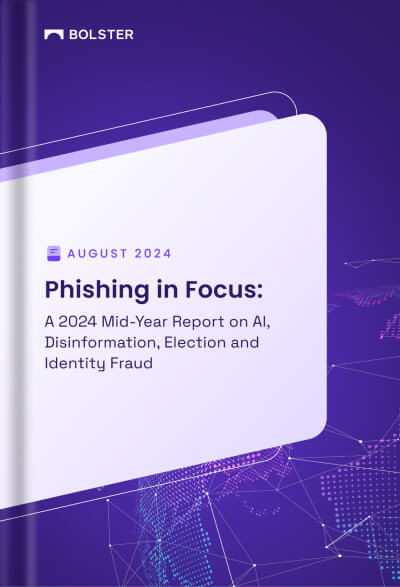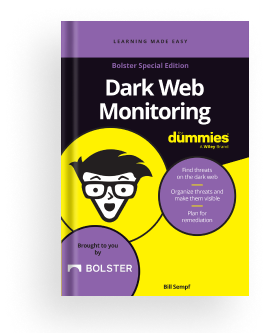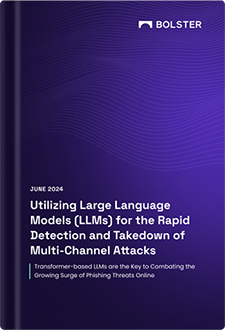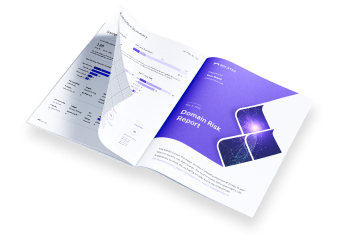Even with the many apps, social media platforms, and other innovative ways we connect with each other, email remains one of the primary communication channels for businesses worldwide.
Like anything, though, with widespread use comes the constant threat of cyberattacks, and with email in particular, that means phishing emails.
To fortify your organization’s defenses against such threats, implementing AI email security or AI-powered email security solutions is imperative.
What is AI Email Security?
AI-powered email security refers to the use of artificial intelligence (AI) and machine learning technologies to enhance the protection of email systems against various cyber threats, particularly phishing attacks.
These systems employ advanced algorithms to analyze email content, sender behavior, and other relevant factors to identify and mitigate potential security risks in real-time.
AI-powered email security solutions help organizations proactively detect and respond to phishing attempts, safeguard sensitive information, and ensure the integrity of their communication channels.
AI Email Security Measures
Here is how AI email security steps in to thwart the journey of a phishing email as it attempts to make its way from malicious sender to your organization’s inbox:
Departure: The Genesis of a Phishing Email
Phishing emails originate from malicious actors seeking to deceive recipients for nefarious purposes. These emails often impersonate trusted entities (read more about executive impersonation) or employ social engineering tactics to lure victims into revealing sensitive information or downloading malware.
Email Filtering as the First Line of Defense
Email filtering serves as the primary defense against phishing attacks, leveraging advanced algorithms and machine learning to analyze incoming messages. Imagine it as a vigilant guardian, meticulously inspecting each email’s sender reputation, scrutinizing its headers, and dissecting its content for any telltale signs of deception.
Suspicious patterns indicative of phishing attempts are identified and met with action. Whether it’s blocking the message at the gates or quarantining it for further inspection, email filtering ensures that nefarious emails are thwarted before they can breach your organization’s defenses.
Integration and Compatibility Strengthen Defenses
Integrating email security solutions with existing infrastructure, including firewalls and endpoint protection systems, enhances overall cybersecurity posture. Seamless integration ensures comprehensive coverage and enables coordinated responses to emerging threats.
For instance, imagine a scenario where a suspicious email slips past your email filter but triggers an alarm in your firewall. With seamless integration, the firewall immediately communicates this threat to your email security solution, which then takes action to block similar emails in the future. This coordinated response ensures that your organization’s defenses are always on high alert, ready to fend off phishing attacks and other cyber threats.
Targeted Screening: Phishing Filter Functionality
Phishing filters employ sophisticated techniques to detect and mitigate phishing attempts effectively. These filters analyze email content, attachments, and URLs for signs of malicious intent, such as requests for sensitive information or links to fraudulent websites.
By targeting specific phishing indicators, these filters provide granular protection against evolving threats. You can further enhance your defenses by utilizing an email link checker to verify the legitimacy of links within emails before interacting with them.
Verifying Legitimacy with Authentication Protocols
Email authentication protocols, including SPF (Sender Policy Framework), DKIM (DomainKeys Identified Mail), and DMARC (Domain-based Message Authentication, Reporting, and Conformance), help verify the legitimacy of incoming emails.
These protocols validate sender identities and detect spoofed or forged emails, reducing the risk of fraudulent activities and domain impersonation.
User Awareness and Training is Key to Human Vigilance
While technological solutions are crucial, human vigilance remains a critical component of email security. Employee awareness and training programs educate users about phishing tactics, warning signs, and best practices for identifying and reporting suspicious emails.
Regular phishing simulation exercises reinforce security awareness and empower employees to play an active role in defending against phishing attacks.
Implementation and Maintenance for Continuous Vigilance
Selecting and deploying a suitable email security solution requires careful consideration of organizational needs and cybersecurity requirements. Ongoing monitoring, maintenance, and updates ensure that email security measures remain effective against evolving threats. Regular security assessments and audits help identify vulnerabilities and implement necessary improvements to strengthen defenses.
Bolster for AI Email Security
AI-powered email security solutions are essential for protecting organizations against phishing attacks. By leveraging advanced technology, integrating with existing infrastructure, and fostering a culture of security awareness, businesses can effectively mitigate the risks associated with phishing emails and safeguard sensitive information.
Bolster provides an evolving platform that stays abreast of the latest techniques, fighting AI-generated threats with AI, machine learning, and advanced algorithms to stay ahead of the criminals. Contact us for a demo.

